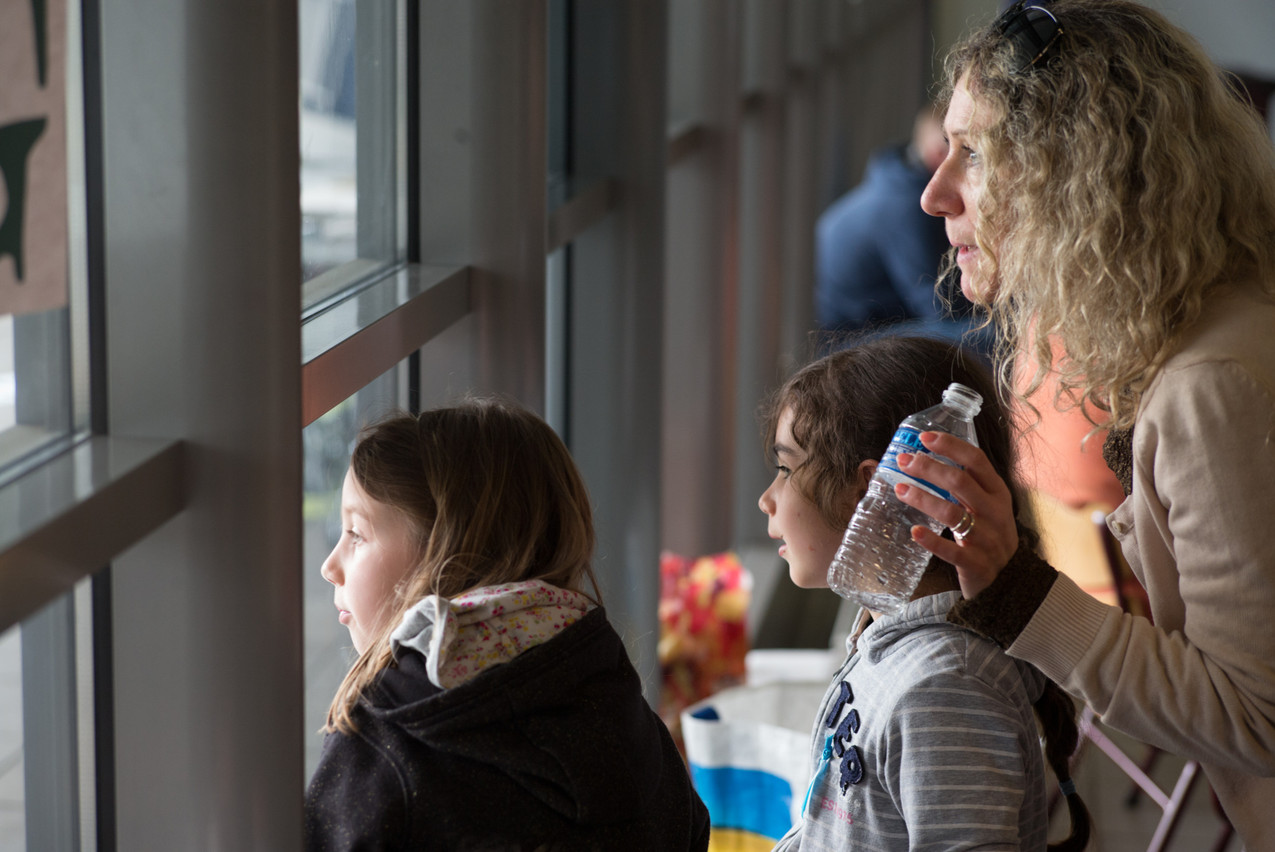31% of children aged 6-11 and 43% of children aged 12-16 state that their life satisfaction has decreased compared to before the pandemic, according to the Covid-Kids II study.
While the first study, published in 2020, revealed decrease in life satisfaction and emotional wellbeing of children, the new study by the university and Unicef provides in depth understanding of the prolonged effects of policy decisions throughout the pandemic, especially on the effects of learning and feelings of isolation.
55% of younger children and 96% of those in the older age bracket said that they learned more effectively at school than at home.
The collaborative report revealed that children’s emotional wellbeing during the pandemic is influenced with the way adults listened to them. However, only half of the young children participating in the study said they were satisfied or very satisfied with the way adults listened to them, this was one third for children 12 and above.
“The children’s voice has been largely absent during this pandemic despite the Convention on the Rights of the Child and although their participation and subjective well-being have been recognised as essential to achieving sustainable development,” says Dr. Claudine Kirsch, who is a professor at the university of Luxembourg and co-director of the Covid-Kids II report.
The UN Convention on the Rights of the Child was enshrined in 1989.
“In all actions concerning children, whether undertaken by public or private social welfare institutions, courts of law, administrative authorities or legislative bodies, the best interests of the child shall be a primary consideration,” Article 3.1 of the convention states.
Let the children speak
“So many adults try to speak for kids. But for us, it was important actually, to let them speak,” Unicef Luxembourg communications chief Paul Heber told Delano this week. “There’s a tendency to say, well, the kids even know what they’re talking about.”
Heber explains that the study could not reach as many kids as they wanted, because the government would not give them access to state schools. So, the study was limited to private schools, which does not necessarily mean only children from well off and non-Luxembourg families took part, Heber emphasises. But it does mean the study has a tendency to include children from parents whose revenues are above average. “We would have loved the government to acknowledge the importance of the study and give us the ability to do it differently. That is definitely a critique that we are more than willing to state. But still, it gave us a great insight into how children perceived pandemic.”
Children have found themselves in the rather strange position during the pandemic of being one of the age groups with the highest rate of infection yet also one of the least affected by the virus. And with schools a notorious breading ground for infections they have felt the brunt of government policies trying to halt the spread of covid-19 to protect the older population.
However, recommendations based on research findings, the authors of the new report say: “Whenever possible, keep schools open and have risk mitigation measures in place.” Schools are critical for the development of children in terms of socialising, learning, having meals and even emotional and medical support.
Other recommendations state the need to encourage access to clubs, sports facilities and extra-curricular activities for children and stresses the need for homework to be “content meaningful” and the amount should be appropriate.
Overall the Covid-Kids II project had the aim of strengthening the promotion and protection of children's rights. It was carried out with the financial support of the Oeuvre Nationale de Secours Grande-Duchesse Charlotte.
The hope is that the results can be used to improve educational, social and psychological services for children and adolescents during pandemics.
